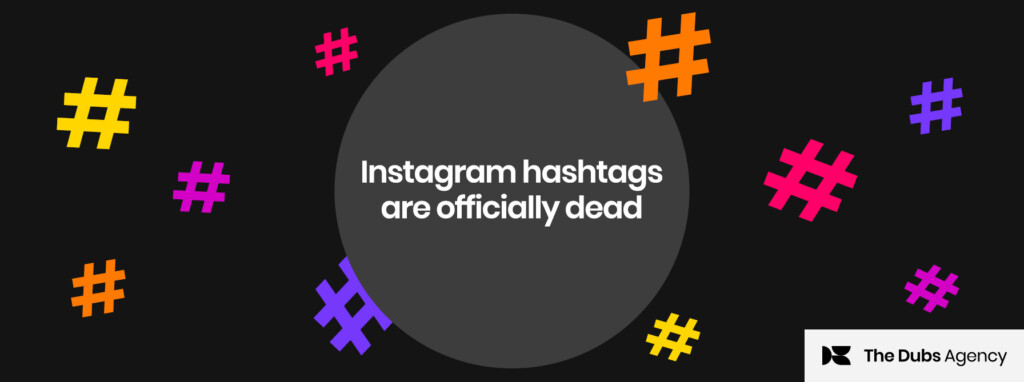When combined with real-time data, online video is a powerful storytelling medium that is expected to dominate content consumed on the internet.
The explosion of web videos is nothing new, and one only has to look at YouTube to see their popularity. It’s estimated that YouTube reaches more 18-49 year-olds than any cable network in the United States. And this trend continues to climb, with Cisco predicting that by 2020 more than 80% of the world’s internet traffic will be video.
Understanding what users want
Video is winning the internet and to capitalise on this, the biggest social networks such as YouTube, Facebook, Instagram, X and Snapchat are exploring innovative ways to feed web video to their users. It seems that every week, a new service is created while another one is killed. X pulled the plug on their video sharing community Vine, replacing it with Vine Camera, an app that lets users record videos and post them on X instead.
Facebook is also rolling out new changes to their algorithm. This time, they will be experimenting with percent completion of videos to gain a better understanding of users preferences, and rank video content in their news feed accordingly. Facebook admits the way it is implementing these changes may see it favour long videos over short, but insists “the best length for a video is whatever length is required to tell a compelling story that engages people, which is likely to vary depending on the story you’re telling.”
A quick look at Nielsen’s Digital Landscape report shows in the Australian market people watch almost 12 hours of online video per month and that YouTube and Facebook dominate mainstream media for streaming video.
Integrating short-form video in an overall strategy
While Deloitte estimates short videos of 20 minutes or less represent only a fraction of views and revenue generated by long-form videos, it sees its future as an ‘additional screen-based medium’ to long-form and not as a competitor. This is in line with many marketing experts who see short-form video as the next big thing in content marketing and an essential medium to include in any content strategy.
Already, many finance brands around the world are using short videos to reach out to potential customers and engage with existing ones. Citibank, for instance, has been using short form videos on their Facebook page to show snippets of spectacular footage from events they sponsor.
BMO Canada, are using short form videos on Instagram to cross-promote marketing initiatives that are happening in their physical locations while Australian wealth manager BT Financial uses hero video to inspire people to better understand their financial life.
[Full disclosure: BT Financial is a client of The Dubs]
Video content marketing is accessible and brings new opportunities for the finance sector. Brands can recycle commercials, post evergreen content and even ask customers to jump on board with user-generated videos. Perhaps the biggest challenge for brands wishing to succeed with short-form is to understand intelligence and use it to create compelling content and build a deeper connection with their audience – something much harder to achieve with traditional TV commercials.
Related Article: Why Personalised Video Is Taking Off In Finance
Related Article: MASTERCLASS: VIDEO // 15 essentials for using video in your content marketing
Related Article: 5 Steps To Successful Video Marketing
Subscribe now for content marketing insights and trends straight to your inbox.









